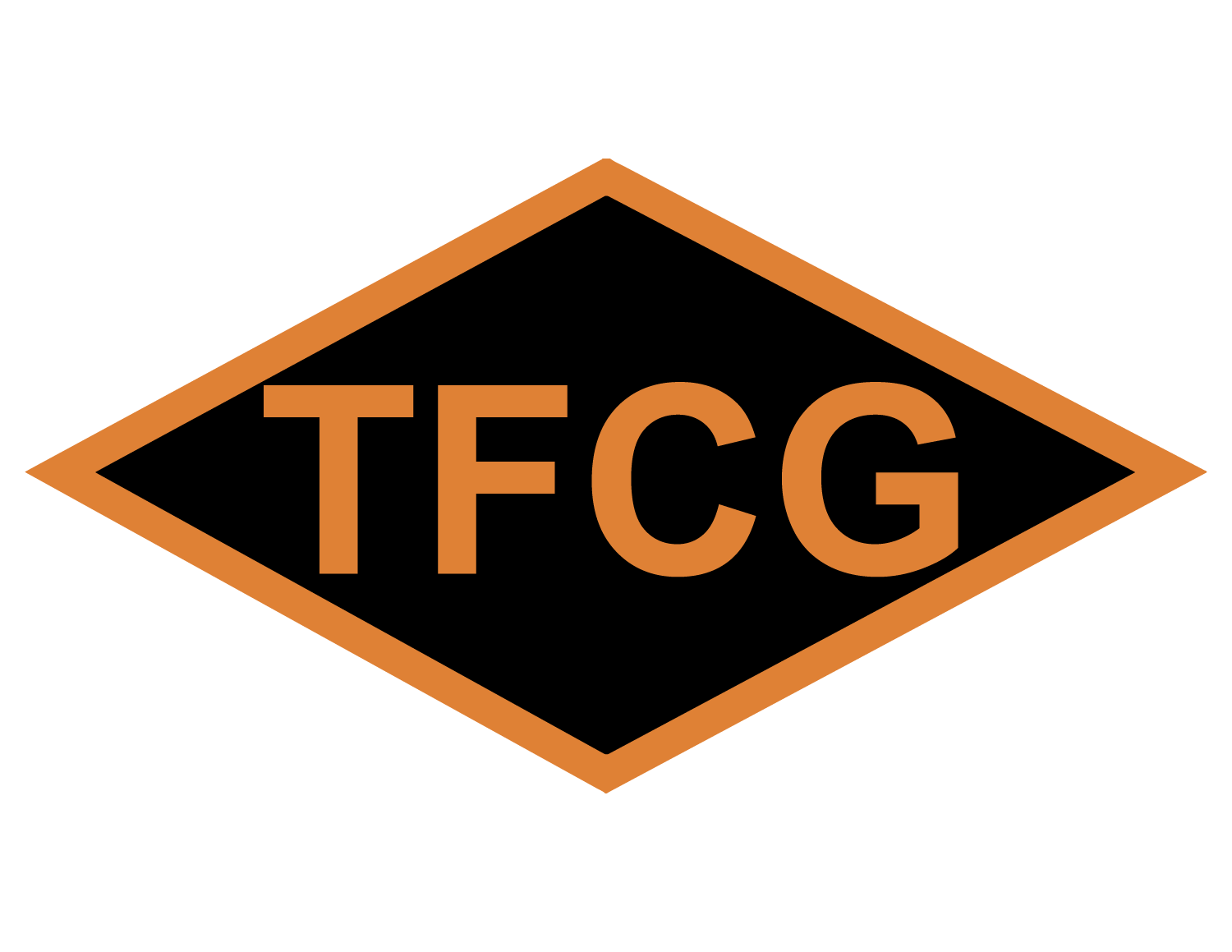Consultant Business Model (#90)
One of the key decisions that a person must make when standing up a small business is what business model that they are going to use. In his book, The New, New Thing, Michael Lewis (see my other post on his book Moneyball here) illustrates what a business model is by saying "All it really meant was how you planned to make money." No matter what type of consulting (or almost any type of service) the business is pursuing, there are basically five types of business consulting models — the solo model, the agency model, the productized model, the hybrid — solo+productized, and the hybrid — agency+productized. There are advantages and disadvantages to each of the five models.
This post builds upon the discussions I have had on Standing Up A Business (Post #68) and Differentiation (Post #75). Selecting your consulting business model falls under the concept of determining your corporate strategy (the second step) from Post #68. Here is more on each of the five models to help you with your decision:
Solo or entrepreneur model — typically this is a one person firm with an assistant. The goal of this type of firm is to provide value over volume to a smaller group of clients. The disadvantage of this model is that the individual typically has to do everything — sales, marketing, consulting, and accounting. TFCG started as a solo firm.
Agency or Firm — usually this type of consulting business combines a group of several consultants or is the founder and her team. The goal of this type of firm is to provide volume to a larger group of clients. The more business, the greater the impact, and the greater the profits for this type of organization. Although the founder still owns the relationship with the client, the team handles some or all of the work. One of the disadvantage of this model is that the founder may spend more time managing the consultants than working with actual clients. Any of your local law offices with more than one attorney fit this type of business model.
Productized — typically this form of consulting business takes one service and productizes it by defining the system and its process. Simply stated, a productized service runs systematically and continues to produce and grow with or without the founders direct involvement. Examples of productized services can include webinars, books, ebooks, or classes. A productized service enables the business to scale. The downside is that a productized service can be monotonous or boring. A productized service does not provide a unique solution for each buyer.
Hybrid — Solo+Productized — this model combines the solo consultant with a productized service. This type of firm enables the founder to continue to provide value to a small group of clients while reaching a much larger group of clients with the productized service. Paige Brunton, a web designer, runs a hybrid — solo+productized firm. Her web page is here.
Hybrid — Agency/Firm+Productized — this model combines an agency with a productized service. This type of firm enables the firm to reach a large number of clients through their consultants plus expand the impact with the productized service such as a book, magazine, or course. Think McKinsey and Company.
Most small consulting businesses start as a solo model, grow into an agency by adding several more consultants, and then add a productized option for what the company does repeatedly. For example, TFCG started as a solo model, pivoted towards an agency, and is now developing a product. There is no perfect model, but it does help to know and recognize what type of consulting or services firm you are building. And the great thing about building your own company is that you get decide what model you are going to use.
There is never a perfect time to start a company. But, as the Nike saying goes, “Just Do It.” Research other professionals who are offering the same or similar service to help you get a head start on deciding on your model. Go on the offense and build and grow your consulting/service business in 2021. Good luck! And enjoy the challenge of being a small business owner in these unprecedented times.

